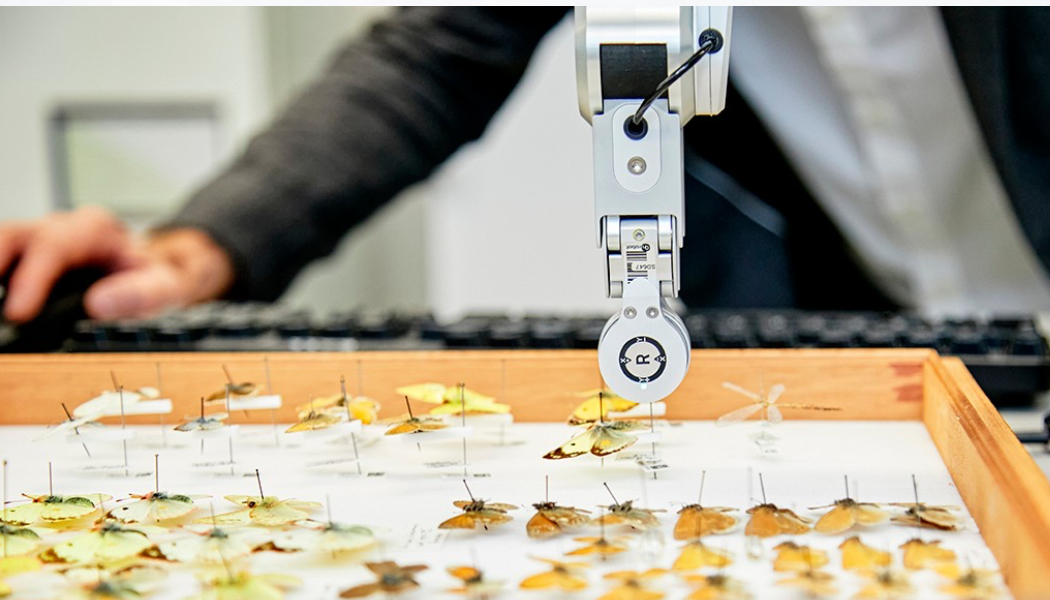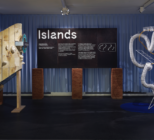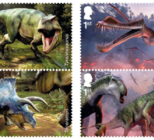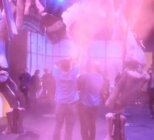A ten-year project to digitise the UK’s 650 natural science collections will receive significant new funding from government body UK Research and Innovation (UKRI), it has been announced today.
The DiSSCo UK (Distributed System of Scientific Collections) project is hoped to digitise more than 138 million items from across 83 UK institutions.
Delivered by the Museum and the Arts and Humanities Research Council (AHRC), it is based at the Natural History Museum, and has been backed by £155.6m from the UKRI’s Infrastructure Fund.
Between 2021 and 2022 a UK consortium led by the Natural History Museum participated in a study to develop a plan to support the project.
Partnering organisations include Birmingham Museums, Bristol Museum & Art Gallery, Great North Museum, Manchester Museum, National Museum Wales, National Museums NI, National Museums Scotland, and Oxford University Museum of Natural History.
A DiSSCo UK website has since been launched, which provides access to digitsed records from participating organisations. According to a booklet on the website, approximately 64% of the 138 million specimens are as yet undigitised.
UKRI said the DiSSCo UK project is expected to generate approximately £2 billion of economic benefits for the UK, in sectors including food and health.
It said the digitised data “will unlock huge socio-economic impact” by making information freely available to tackle global challenges.
Scientists will be given access to the completed collections to “work on solutions to global problems from tackling biodiversity loss to protecting against future pandemics.”
DiSSCo UK is one of five infrastructure projects which are set to receive a share £388m in newly announced funding.
Natural History Museum Director, Dr Doug Gurr said: “Unlocking this treasure trove of data by embracing the latest advancements in AI and robotics is a truly game-changing opportunity, not just for the UK but for global science, generating impact across sectors, including food, health, energy and the environment. We are delighted to be leading this critical project.”










